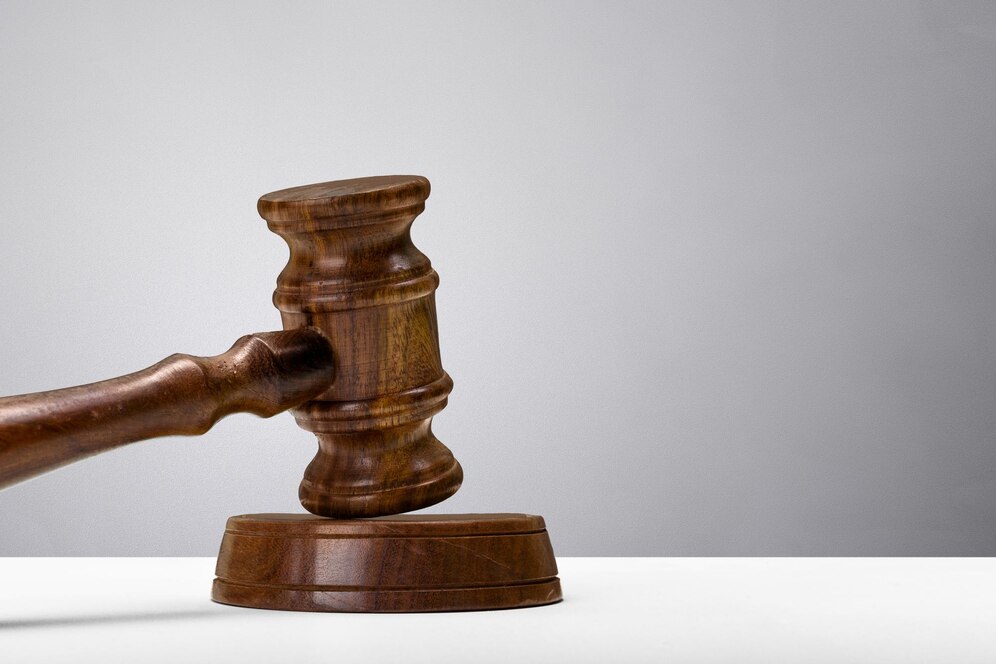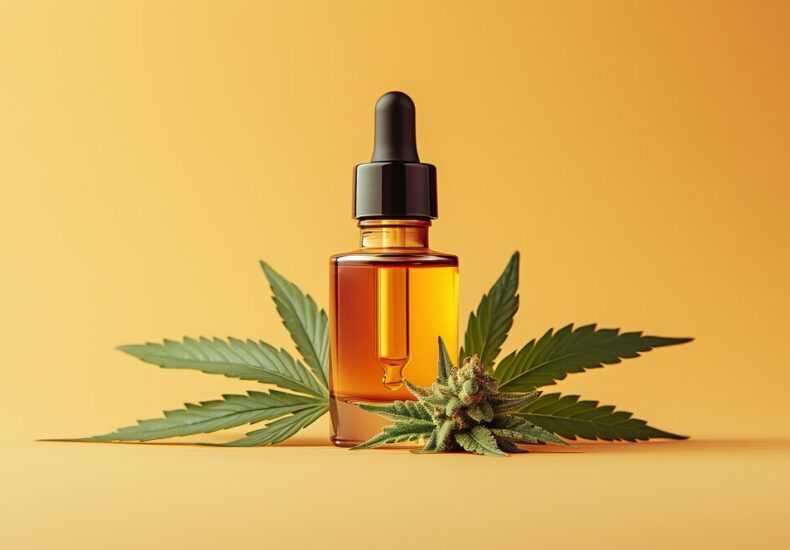
Table of Contents
In the ever-expanding landscape of cannabis commerce, The CBD wholesalers play a pivotal role in supplying a diverse range of CBD products to meet consumer demand. From 1kg CBD flower shipments in the UK to CBD wholesale operations spanning Europe and Switzerland, these suppliers facilitate the distribution of high-quality wholesale CBD goods, including CBD oil, CBD capsules, and CBD bud. With CBD flower gaining traction in markets like the UK and Europe, CBD wholesalers navigate the intricacies of bulk procurement and distribution, ensuring a steady supply of Swiss CBD flowers and other CBD products to retailers and consumers alike. As the CBD wholesale market continues to evolve, wholesalers remain at the forefront, catering to the needs of a growing customer base seeking top-tier CBD wholesale products.
Navigating Legal Considerations for CBD Wholesale in the UK and Europe
In recent years, the CBD market has experienced exponential growth, with CBD suppliers seeking opportunities in both the UK and Europe. However, this burgeoning industry comes with its fair share of legal considerations and regulatory complexities. From CBD legislation to CBD wholesale regulations in the UK and CBD wholesale laws in Europe, understanding and complying with the legal landscape is paramount for CBD wholesale businesses.
Legal Requirements for CBD Wholesale
Before delving into the intricacies of CBD wholesale regulations, it’s crucial to grasp the fundamental legal requirements. In both the UK and Europe, CBD products intended for wholesale distribution must adhere to specific criteria to ensure consumer safety and regulatory compliance.
One of the primary considerations is the THC content in CBD products. In the UK, CBD products must contain less than 0.2% THC to be legally sold and distributed. Similarly, European regulations stipulate that THC levels should not exceed 0.2% to classify as legal CBD products.
Moreover, CBD wholesale businesses must ensure accurate labeling and product information, including CBD content, THC levels, and other relevant details. Failure to comply with labeling requirements can result in legal consequences and damage to brand reputation.
CBD Wholesale Compliance in Europe
Expanding CBD wholesale operations into Europe requires a comprehensive understanding of the diverse regulatory landscape across different countries. While the European Union (EU) provides overarching guidelines, individual member states may have specific regulations governing the sale and distribution of CBD products.
For instance, countries like Germany and France have implemented stringent regulations on CBD products, including restrictions on certain forms of CBD and labeling requirements. Therefore, CBD suppliers must conduct thorough research and ensure compliance with the regulations of each target market within Europe.
Additionally, obtaining CBD wholesale certification and permits is often necessary to demonstrate compliance with regulatory standards. Certification programs, such as Good Manufacturing Practice (GMP) certification, can enhance credibility and trust in CBD wholesale operations, facilitating market access and expansion.
Navigating UK CBD Wholesale Regulations
In the UK, the regulatory framework surrounding CBD wholesale is continually evolving, reflecting shifts in public perception and emerging scientific evidence. While CBD is not classified as a controlled substance, businesses must still navigate a complex regulatory environment governed by agencies such as the Food Standards Agency (FSA) and the Medicines and Healthcare products Regulatory Agency (MHRA).
Recent developments, such as the Novel Foods Regulations, have introduced additional requirements for CBD suppliers and manufacturers. Under these regulations, CBD products intended for wholesale distribution must undergo a rigorous safety assessment and receive authorization before being marketed.
Furthermore, CBD suppliers must be vigilant about potential restrictions imposed by local authorities or regulatory bodies. Changes in legislation or enforcement practices can impact CBD wholesale operations, necessitating proactive measures to ensure compliance and mitigate risks.
Conclusion
As the CBD wholesale industry continues to flourish in the UK and Europe, navigating the legal landscape remains a critical aspect of business operations. From CBD legislation to wholesale regulations and certification requirements, staying abreast of legal developments is essential for CBD suppliers to thrive in this dynamic market.
By prioritizing compliance, adopting best practices, and fostering transparency, CBD wholesale businesses can establish themselves as reputable and trustworthy entities in the ever-expanding CBD market. As the industry matures, proactive engagement with regulatory authorities and industry stakeholders will be key to sustaining long-term success and fostering consumer confidence.



